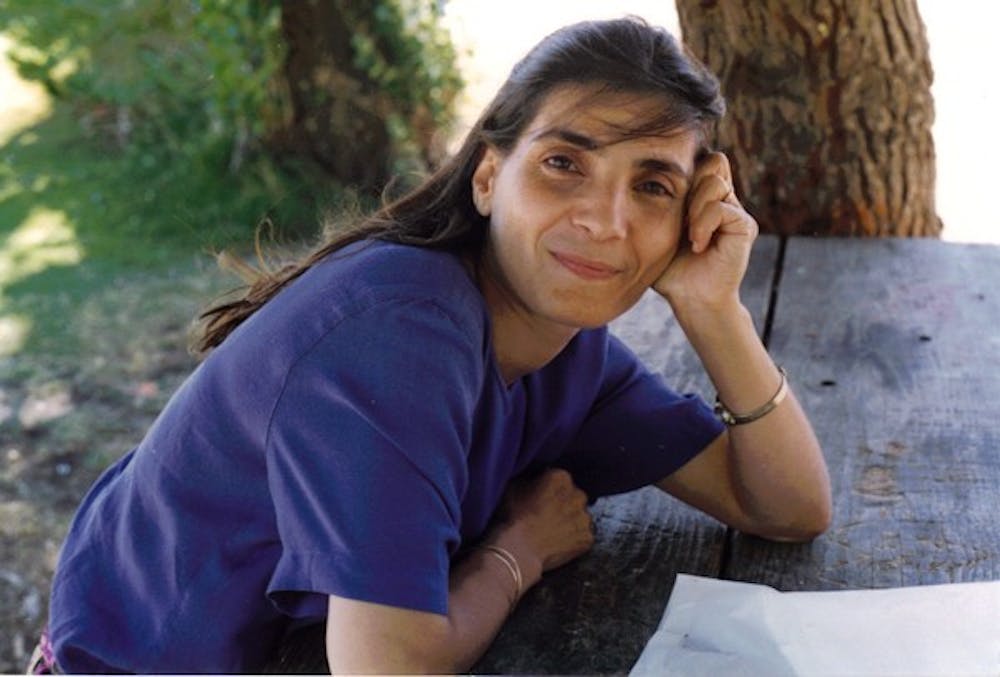For Shahla Talebi, the decision to write a book on a decade spent in an Iranian prison came slowly.
She pondered questions of safety for her loved ones, or if, in a time of war with the Middle East, her story could be turned into a justification for conflict – a “voice that feeds the violence,” she said.
In the end, “Ghosts of Revolution: Rekindled Memories of Imprisonment in Iran,” was written and published.
The story is part memoir, but also partly an observation of humanity in dire circumstances.
“I was just trying to somehow write something that is not a simple memoir,” Talebi said. Something that was “not a story of resistance and not a story of horror.”
“Ghosts” follows Talebi, an assistant professor in ASU’s School of Historical, Philosophical and Religious Studies, through two imprisonments, one from 1977 to 1978 and one from 1983 to 1992. She was first imprisoned for reading books banned in the country, then for teaching literacy to women as she helped them escape domestic violence and taught them the use of contraceptives.
Eventually, Talebi was released and settled into the United States, enrolling in classes at University of California, Berkeley. There, as she learned English, the thought of writing about her time in Iran refused to leave her.
“Something was kind of imposed on me in a way, without me having thought about it,” she said. “It just came to my mind and would not go away.”
She took seminars on madness and death, and as she prepared for her undergraduate thesis, Talebi realized – she already had the stories.
She wrote the thesis, and it went on to win an award for best anthropology thesis of the year in 1999.
Going from an academic paper to a full book, however, still left Talebi with reservations – reservations she still holds, even after publication. But in the end, she decided it was story that was better for being told.
The result, something neither memoir nor historical piece, deals with more issues than violence. It’s also a story about hope, and humor in the face of horror, Talebi says.
Now, as an ASU professor, she offers students a unique perspective.
“I think she can bring things to students that usually aren’t part of their world,” said Mark von Hagen, director of ASU’s School of Historical, Philosophical and Religious Studies.
“When all the layers are peeled in the end we are left with our humanity,” Talebi said. “And that, I hope, remains.”
Reach the reporter at clecher@asu.edu





